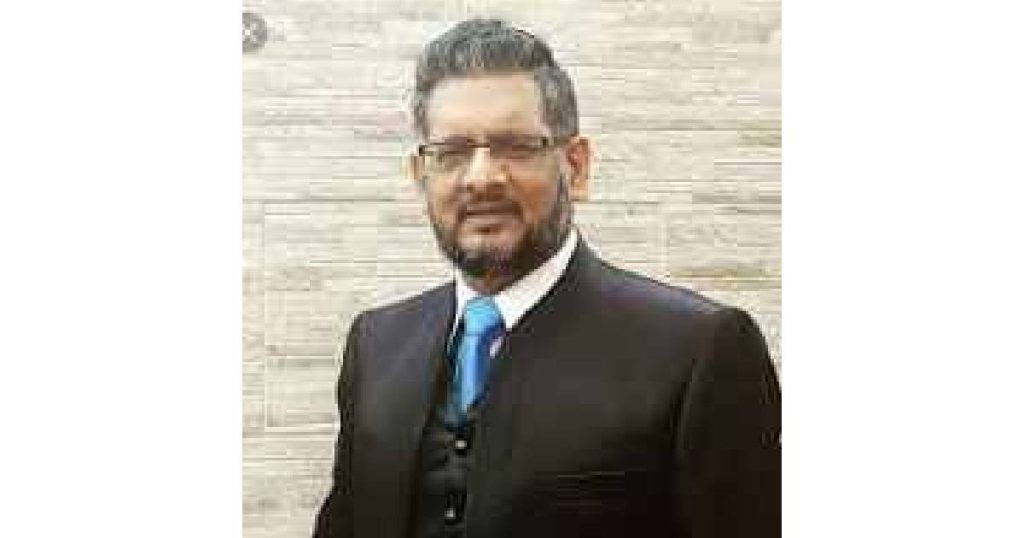The recent local government elections in Trinidad and Tobago have unveiled a significant shift in political dynamics, particularly detrimental to the United National Congress (UNC) and its leader, Kamla Persad-Bissessar. Despite her continuous efforts to spin the narrative, the stark reality is unavoidable: the People’s National Movement (PNM) has made noteworthy inroads into traditionally UNC-dominated areas.
In Lengua/Indian Walk, the PNM moved from a tied position to a commanding lead, winning by over 600 votes. This dramatic swing signifies more than just a numerical gain; it represents a growing disillusionment with the UNC’s leadership and promises. In her own stronghold of Siparia, particularly in the Quinam/Morne Diablo area, while the PNM did not win the seat, it managed to increase its share of the vote from 300 to over 900. This near-tripling of support underscores a significant erosion of confidence in Persad-Bissessar’s leadership and policies.
Persad-Bissessar’s campaign strategies and leadership choices are under intense scrutiny. Throughout the campaign, she was embroiled in her party’s internal elections, aligning and supporting with UNC figures tainted by allegations of trafficking, fraud, and other criminal activities. These associations have tarnished the UNC’s image, raising serious questions about the party’s commitment to ethical governance and justice.
Her failure to address these issues head-on, coupled with her inability to distance the party from controversial figures whose only political qualification is blind loyality to Kamla has only exacerbated public skepticism. The electorate’s shift towards the PNM in areas that were once reliable UNC bastions is a clear indicator of this growing discontent. It reflects a demand for integrity and genuine leadership that many voters feel the UNC under Persad-Bissessar is currently unable to provide.
In the face of these results, any attempt by Persad-Bissessar to downplay the electoral outcomes or shift the blame would be not only disingenuous but also an insult to the electorate’s intelligence. The numbers speak for themselves, revealing a populace that is increasingly unwilling to tolerate the status quo of corruption and ineffectual leadership.
The UNC must now confront these hard truths. Persad-Bissessar’s continued leadership, marked by controversial alliances and failed strategies, appears to be a significant liability. For the party to regain its footing and restore public trust, a comprehensive reevaluation of its leadership and political strategy is imperative. Only through such introspection and subsequent reform can the UNC hope to regain the confidence of the voters it has lost.
By Dr. Devant Maharaj
